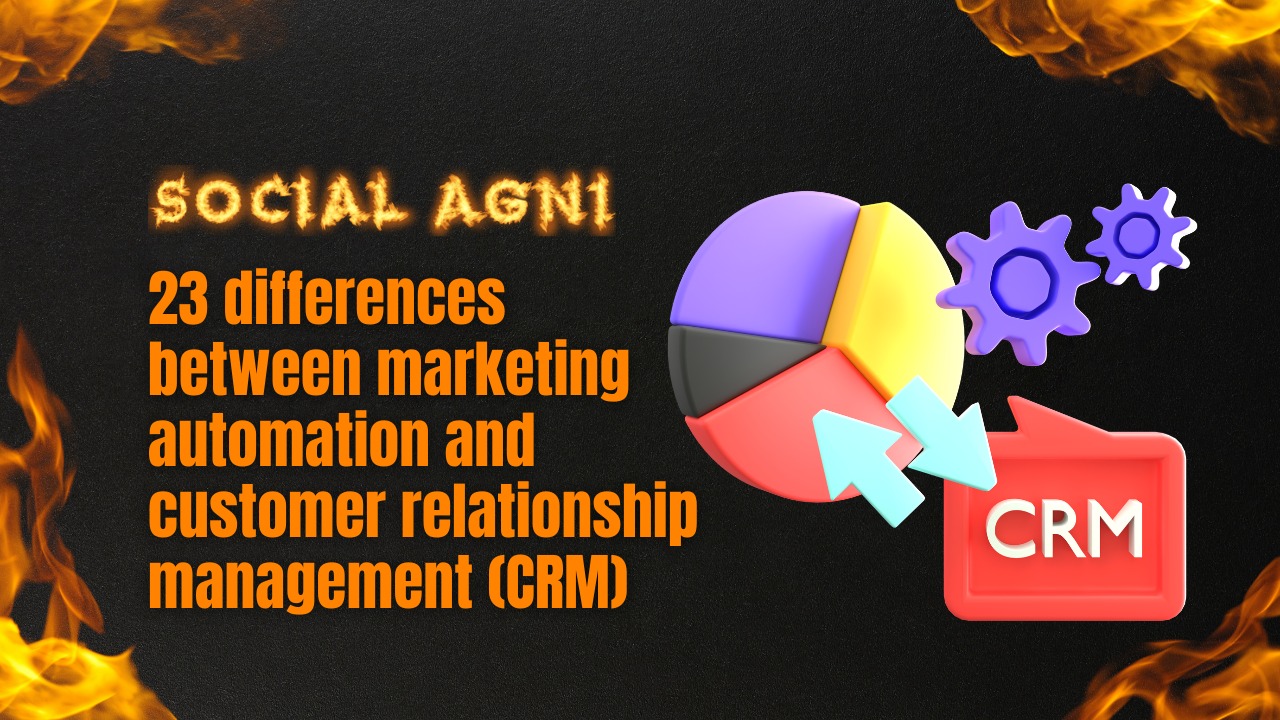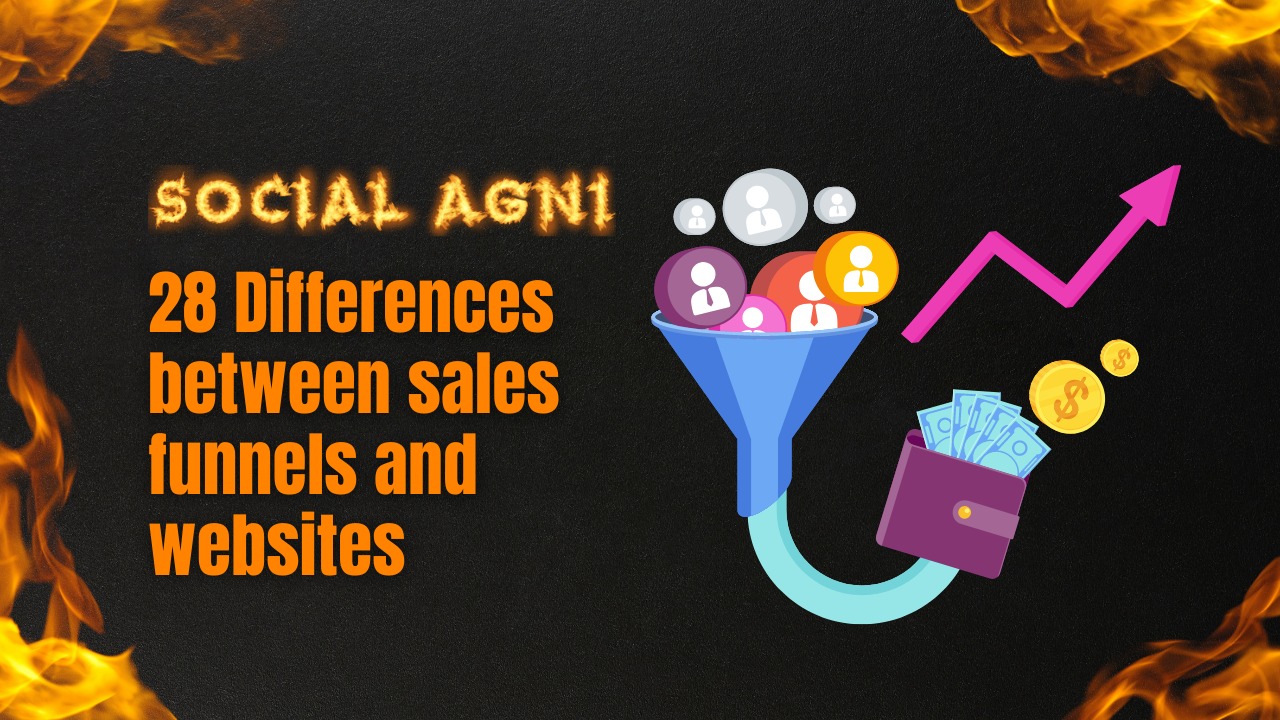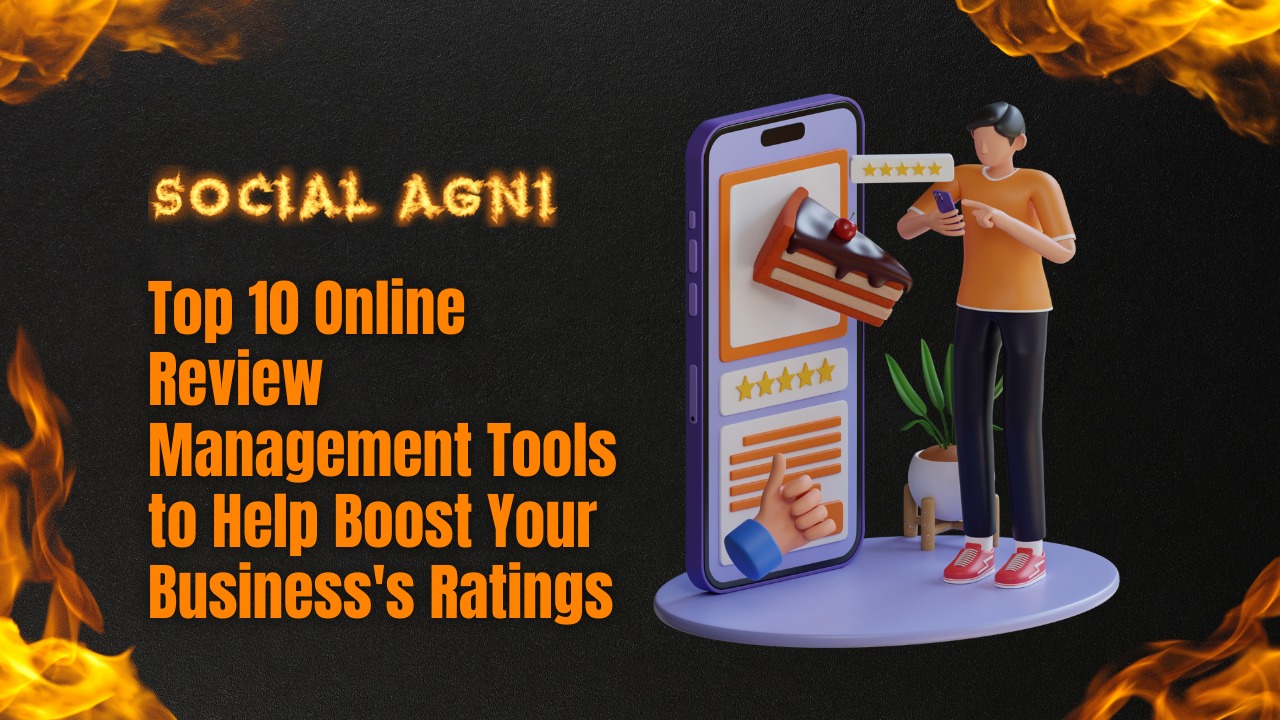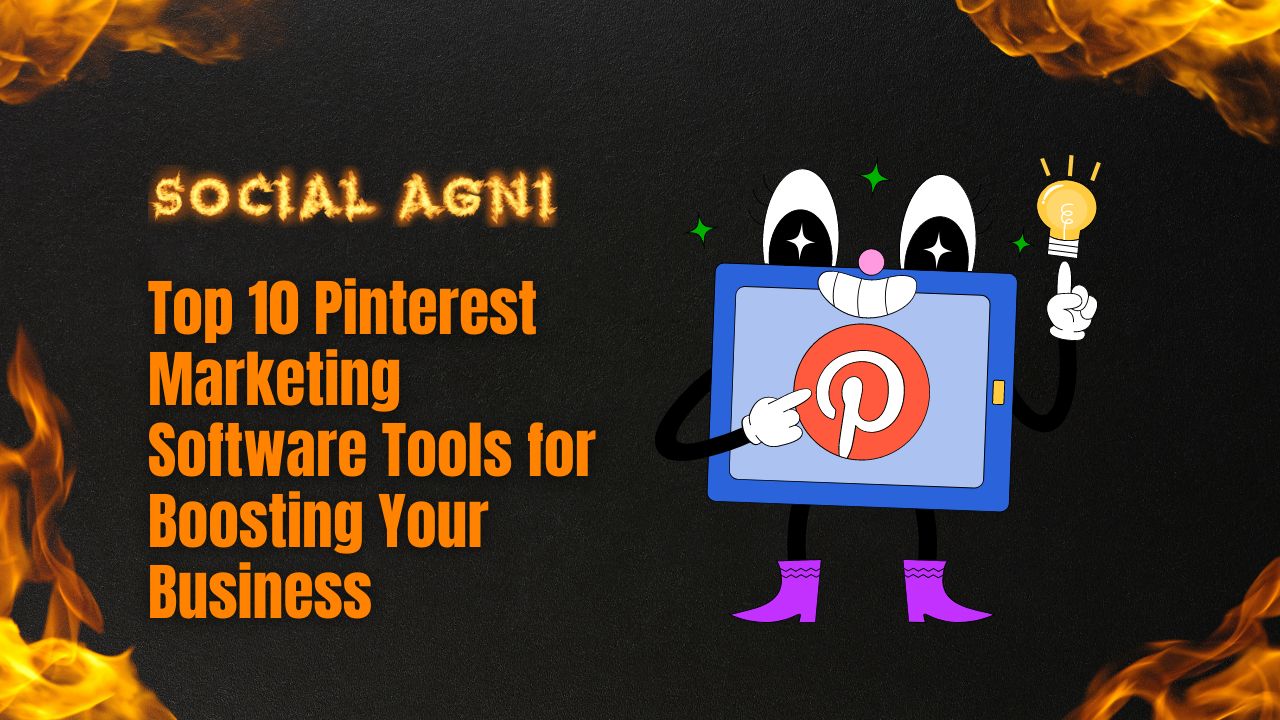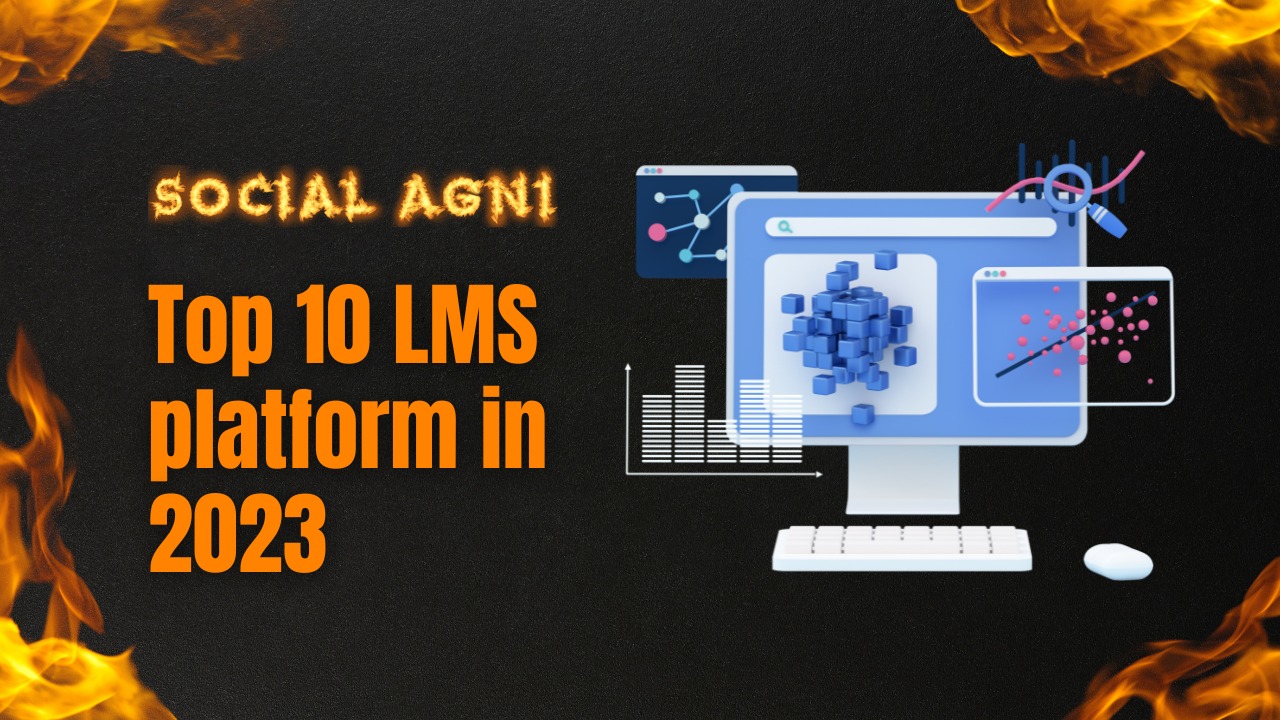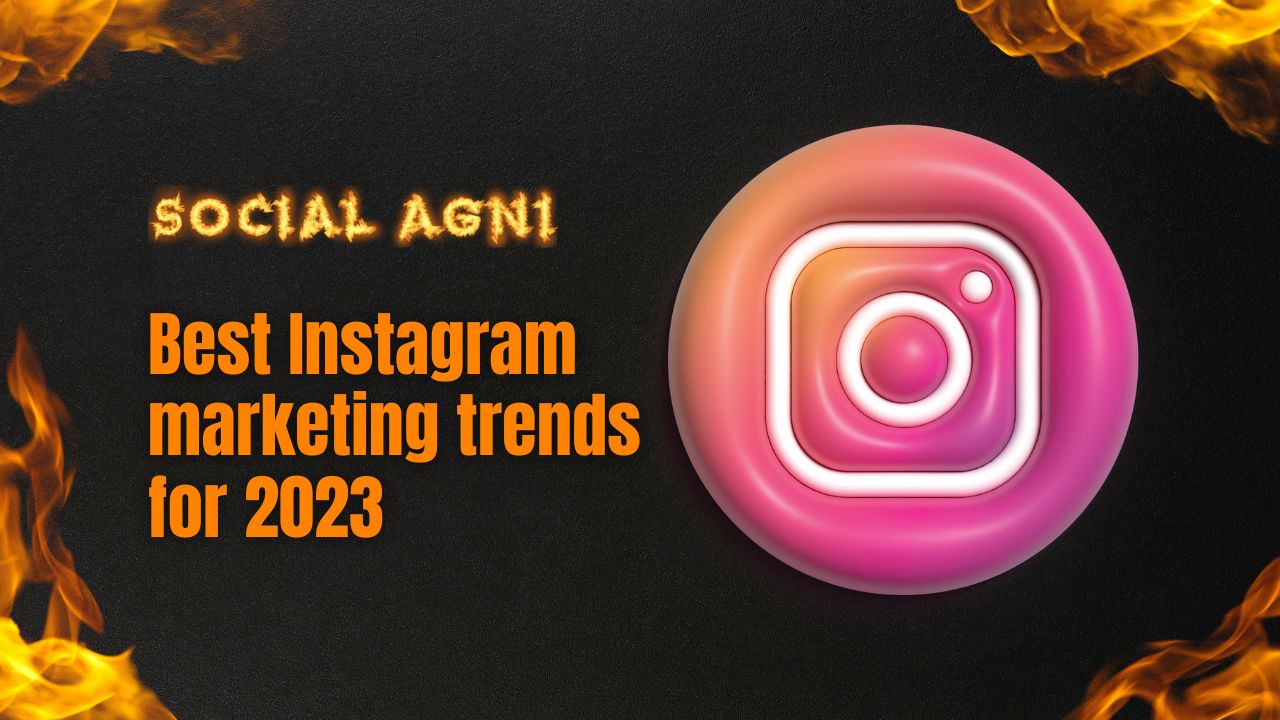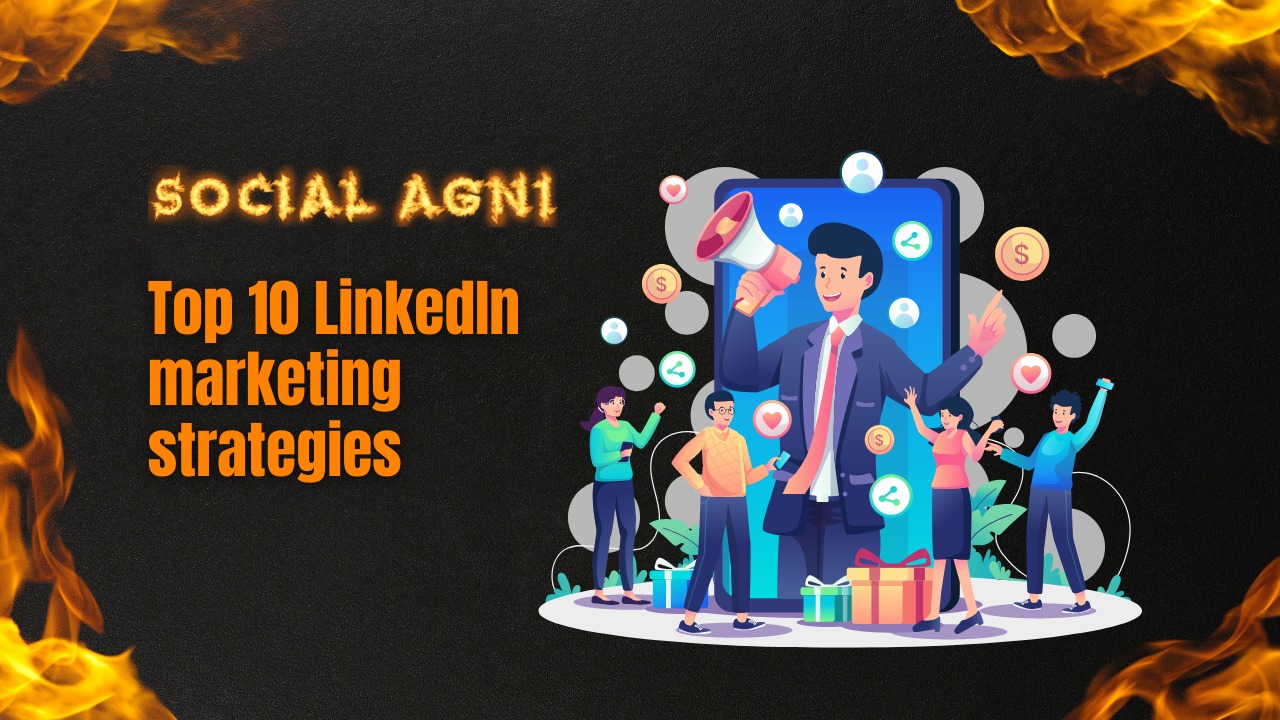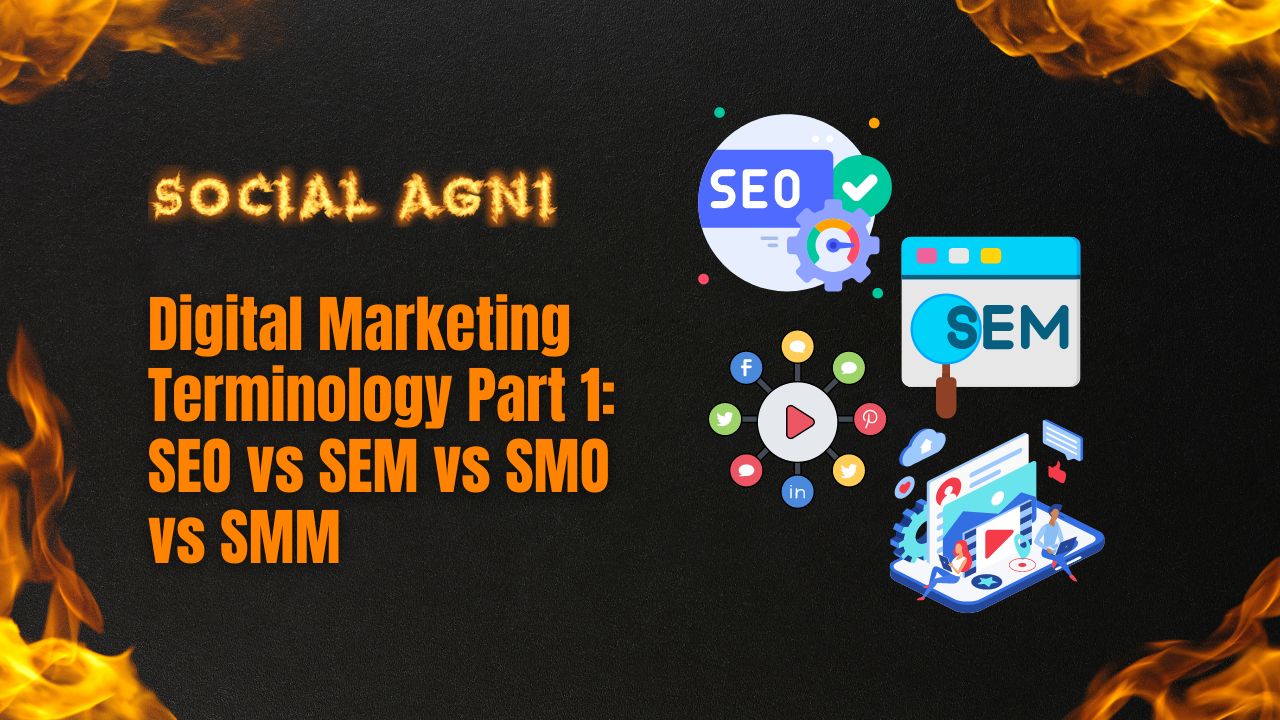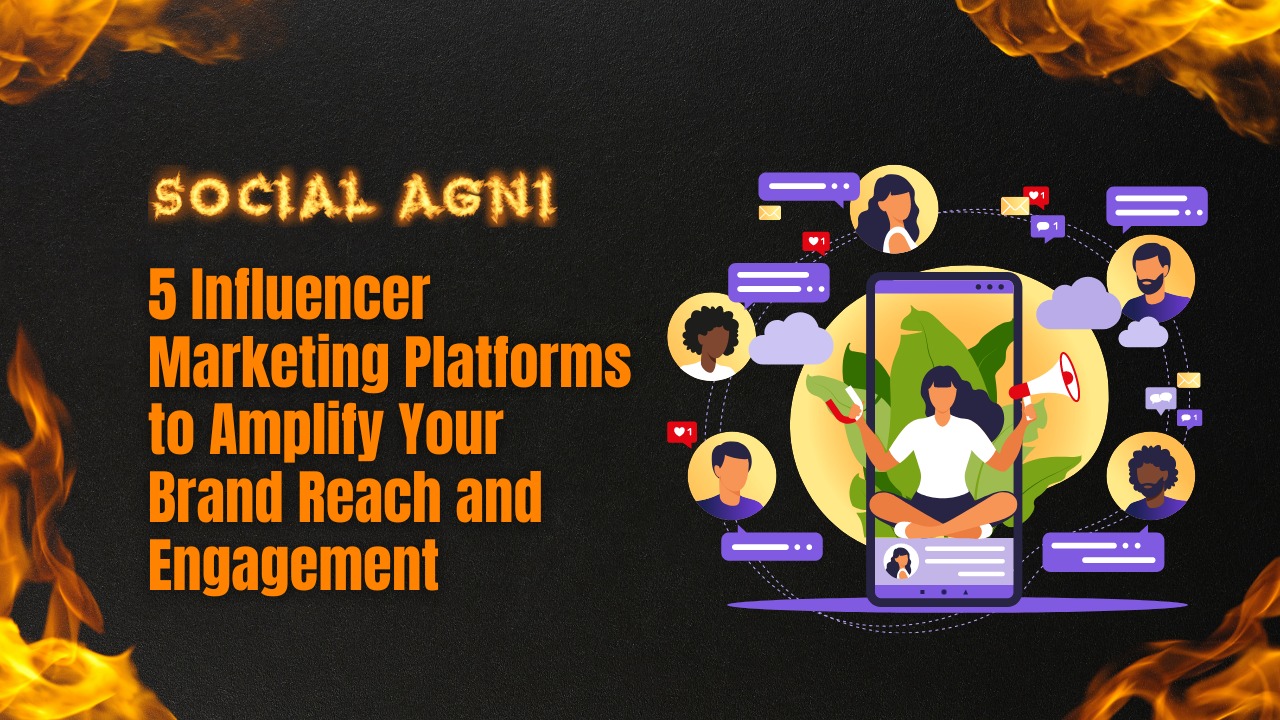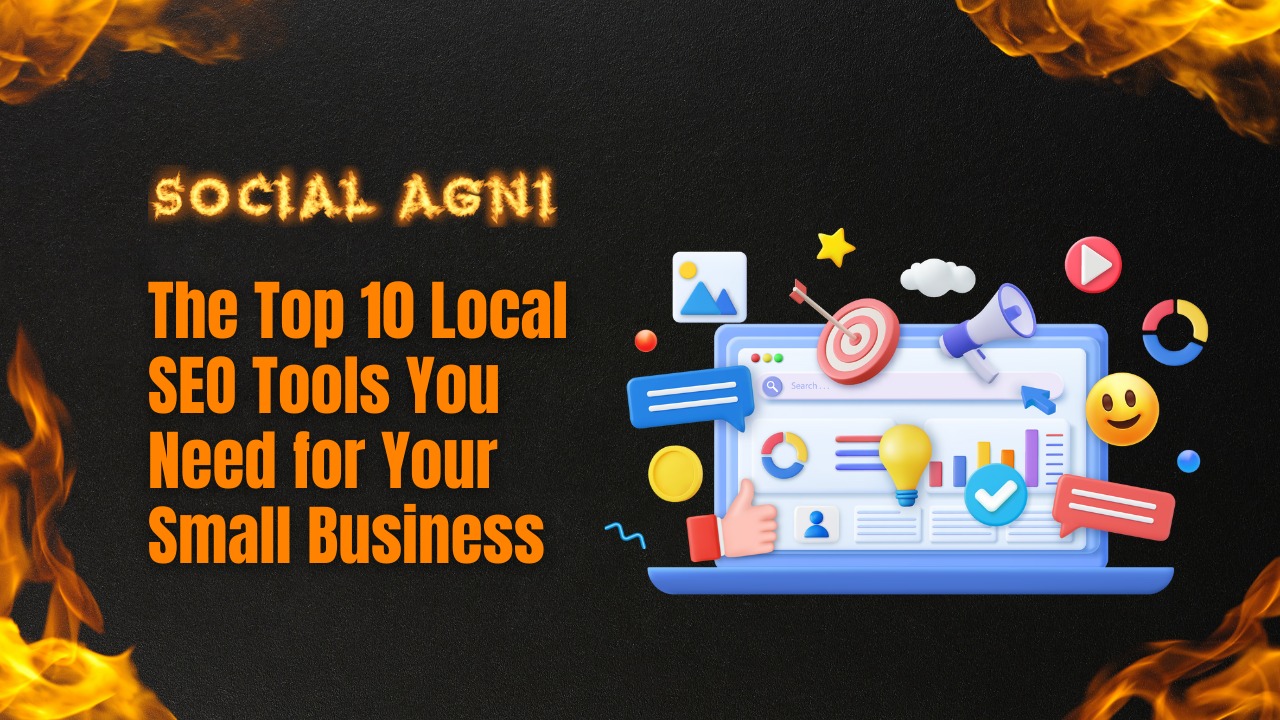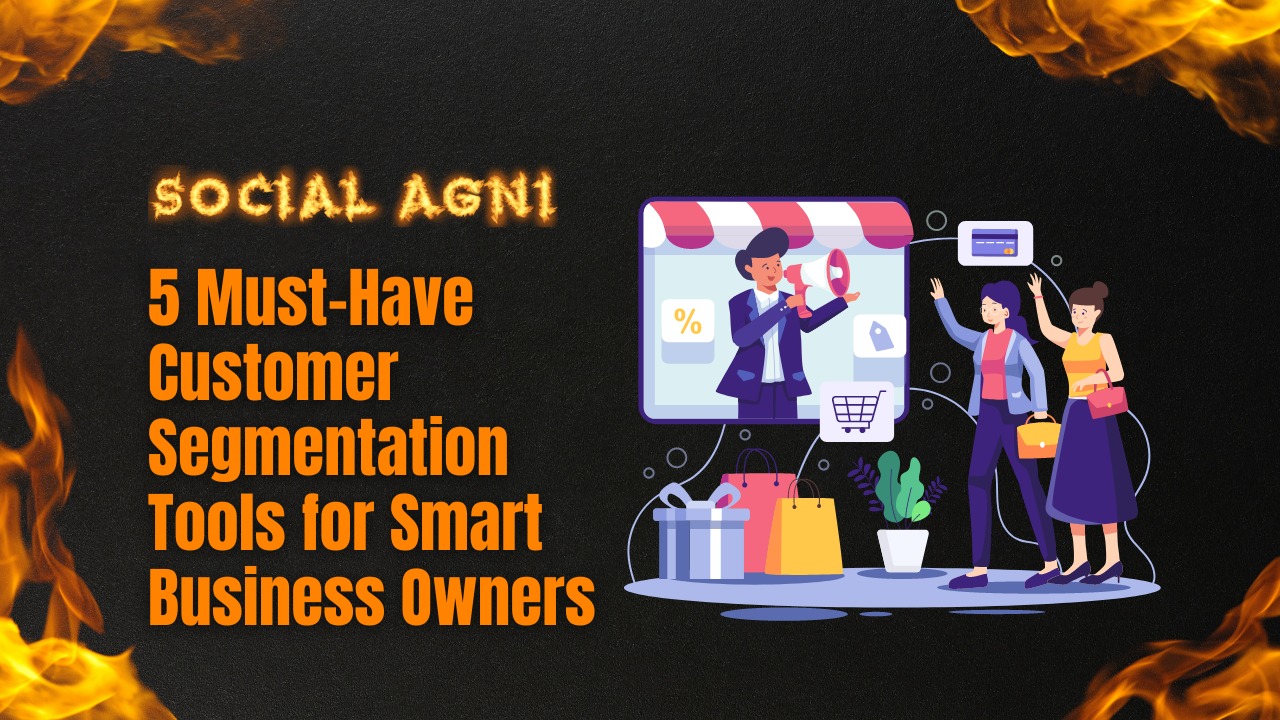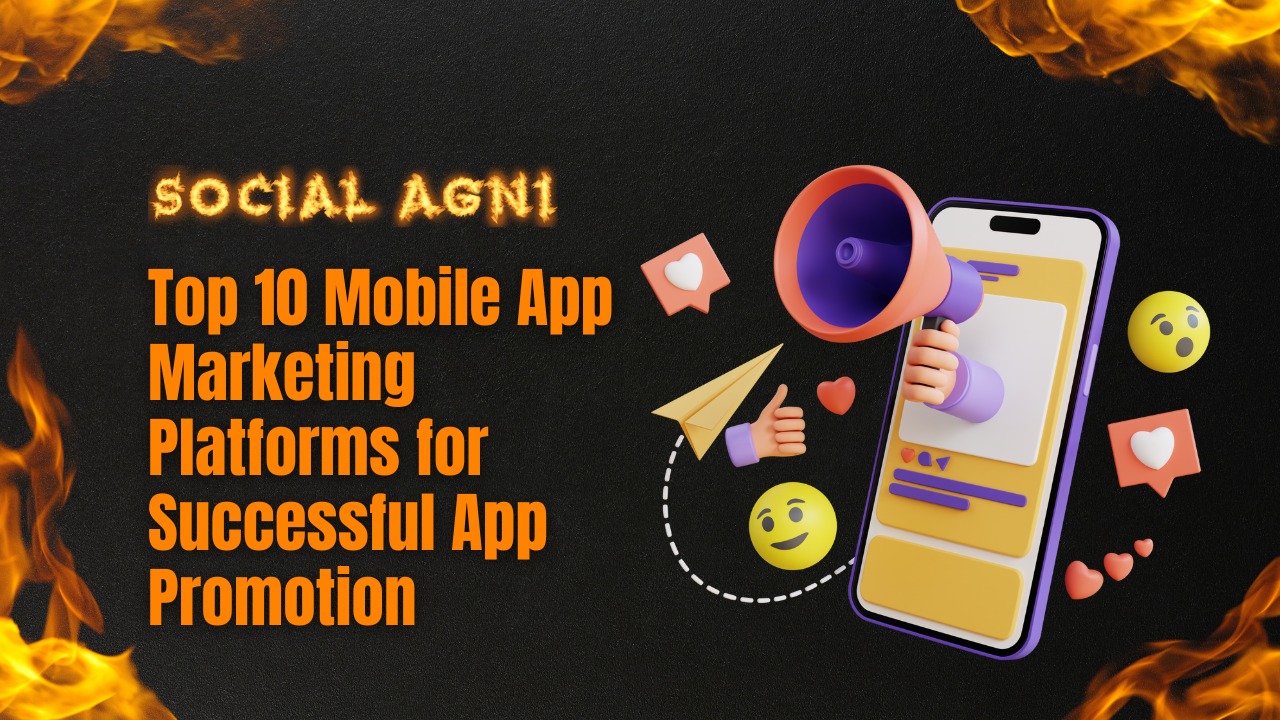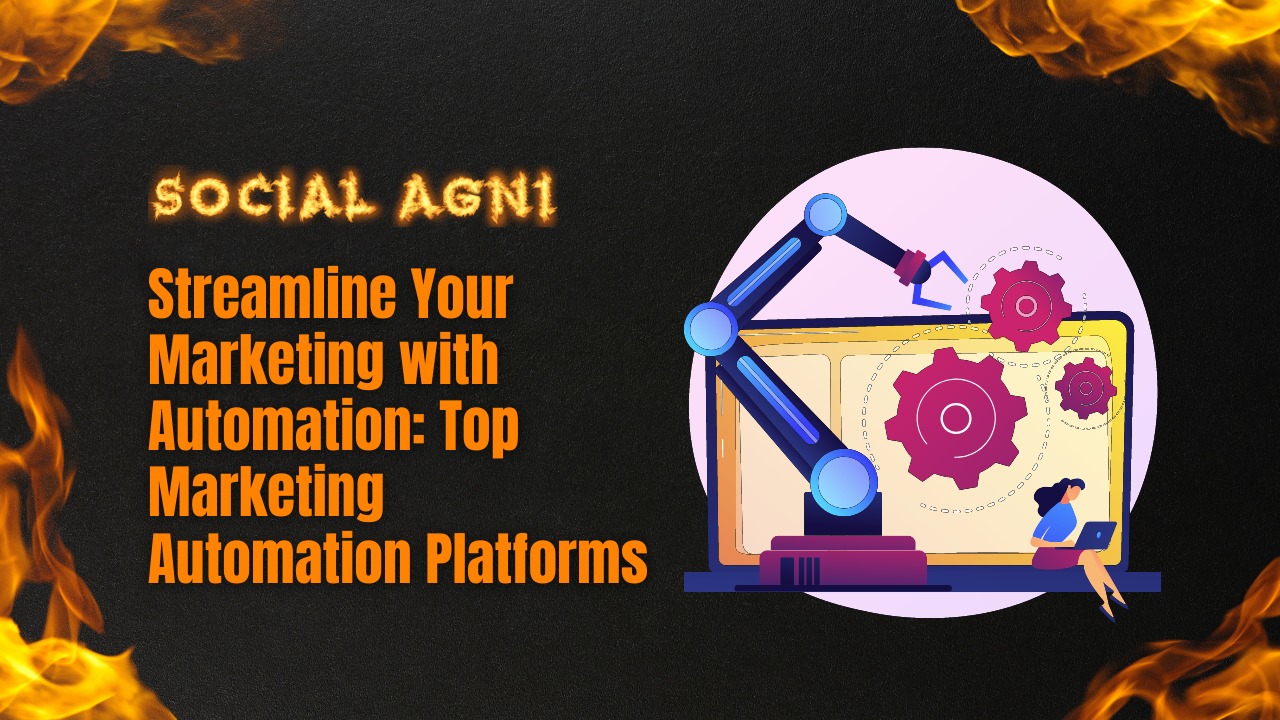Marketing Automation and Customer Relationship Management (CRM) are two essential components of modern business strategies, each serving distinct yet interconnected purposes in the realm of customer engagement and relationship management. As companies strive to enhance their marketing efforts and maintain strong customer connections, understanding the differences and synergies between marketing automation and CRM is crucial.
Marketing Automation refers to the use of technology and software to automate repetitive marketing tasks and processes. It enables businesses to streamline marketing activities, nurture leads, and deliver personalized content at various stages of the customer journey. Marketing automation platforms allow marketers to automate email campaigns, social media postings, lead scoring, and customer segmentation. By automating these processes, companies can improve efficiency, save time, and deliver targeted messaging to their audience.
On the other hand, Customer Relationship Management (CRM) is a comprehensive approach to managing interactions with customers throughout their lifecycle. A CRM system is designed to centralize customer data, including contact information, purchase history, communication records, and interactions across various touchpoints. This holistic view of customer interactions helps businesses understand their customers better and enables personalized engagement. CRM systems also assist sales teams in managing leads, tracking opportunities, and forecasting sales.
While marketing automation and CRM have distinct purposes, they often work hand-in-hand to optimize customer interactions and increase overall efficiency. The integration of marketing automation with CRM systems ensures that marketing efforts align with sales and customer service activities, creating a seamless customer experience.
By combining marketing automation and CRM, companies can track leads from initial contact through the sales pipeline, automate follow-ups, and deliver tailored content based on customer behavior and preferences. This synergy allows businesses to nurture prospects more effectively, convert leads into customers, and retain existing clients by delivering relevant and timely communications.
In summary, marketing automation and customer relationship management are integral components of modern business strategies, empowering companies to engage with customers effectively and build lasting relationships. Marketing automation streamlines marketing processes, while CRM centralizes customer data and interactions. Together, these two tools optimize customer engagement, enhance sales efforts, and foster long-term loyalty in a competitive business landscape.
|
S.no. |
Aspect |
Marketing Automation |
CRM |
|
1 |
Focus |
Automating marketing activities |
Managing customer relationships |
|
2 |
Purpose |
Streamlining marketing processes |
Enhancing customer interactions |
|
3 |
Functionality |
Campaign management |
Customer data management |
|
4 |
Communication Channels |
Email, social media, SMS, etc. |
Email, phone, in-person, etc. |
|
5 |
Lead Management |
Lead nurturing and scoring |
Lead tracking and conversion |
|
6 |
Workflow Automation |
Automated workflows and triggers |
Process automation and reminders |
|
7 |
Personalization |
Tailoring content and messaging |
Customizing customer experiences |
|
8 |
Lead Generation |
Automated lead capture and forms |
Lead tracking and qualification |
|
9 |
Sales and Marketing Alignment |
Aligning marketing and sales teams |
Collaborating on customer data |
|
10 |
Analytics and Reporting |
Campaign performance metrics |
Sales and customer analytics |
|
11 |
ROI Measurement |
Tracking marketing campaign ROI |
Evaluating sales performance |
|
12 |
Customer Segmentation |
Segmentation based on behavior |
Segmentation based on data |
|
13 |
Multi-channel Campaigns |
Orchestrating campaigns across channels |
Managing customer touchpoints |
|
14 |
Lead Scoring |
Assigning scores to leads |
Identifying high-value customers |
|
15 |
Email Marketing Integration |
Email tracking and analytics |
|
|
16 |
Customer Support Integration |
Limited support capabilities |
Comprehensive support features |
|
17 |
Sales Pipeline Management |
Limited pipeline visibility |
Managing sales stages and deals |
|
18 |
Customer Data Management |
Basic customer information |
Comprehensive customer profiles |
|
19 |
Sales Forecasting |
Limited sales forecasting |
Analyzing sales trends and data |
|
20 |
Cross-functional Collaboration |
Collaboration with marketing and sales teams |
Collaboration across departments |
|
21 |
Customer Lifecycle Management |
Automated lifecycle campaigns |
Tracking customer interactions |
|
22 |
Marketing Attribution |
Tracking campaign effectiveness |
Identifying customer touchpoints |
|
23 |
Third-party Integrations |
Integrates with various marketing tools |
Integrates with various customer management tools |
Frequently Asked Questions (FAQs):
1. What is the main difference between marketing automation and CRM?
Marketing automation focuses on automating marketing tasks and processes, while CRM is about managing customer interactions and centralizing customer data.
2. Can marketing automation work independently from CRM?
Yes, marketing automation can function on its own to automate marketing tasks and campaigns. However, integrating it with a CRM system enhances customer insights and improves the effectiveness of marketing efforts.
3. How does marketing automation help businesses?
Marketing automation streamlines marketing tasks, such as email campaigns and lead nurturing, leading to increased efficiency, personalized messaging, and improved customer engagement.
4. What are the key functions of a CRM system?
A CRM system centralizes customer data, manages interactions throughout the customer lifecycle, assists with lead and opportunity tracking, and supports sales forecasting.
5. Can CRM systems improve customer service?
Yes, CRM systems enable better customer service by providing a comprehensive view of customer interactions, allowing businesses to address inquiries and resolve issues more effectively.
6. Is marketing automation limited to email campaigns?
No, marketing automation platforms can manage various marketing activities, including social media posting, lead scoring, customer segmentation, and personalized content delivery.
7. Can CRM systems be used for lead generation?
Yes, CRM systems are instrumental in lead generation as they allow businesses to track and manage leads, analyze their interactions, and prioritize potential customers.
8. How do marketing automation and CRM integration benefit businesses?
Integrating marketing automation with CRM systems creates a unified view of customer interactions, streamlines sales and marketing processes, and enhances lead nurturing and conversion rates.
9. Can marketing automation and CRM help with customer retention?
Yes, the combined use of marketing automation and CRM allows businesses to deliver personalized content, track customer engagement, and provide better support, leading to improved customer loyalty.
10. Are marketing automation and CRM only suitable for large businesses?
No, both marketing automation and CRM systems are beneficial for businesses of all sizes. They help improve efficiency, customer engagement, and overall business performance, making them valuable tools for companies of any scale.
References
- https://www.businessnewsdaily.com/15961-crm-vs-marketing-automation-.html
- https://www.capterra.com/resources/whats-difference-between-crm-and-marketing-automation-software/
- https://www.findmycrm.com/blog/crm-vs-marketing-automation-differences-which-one-is-right-for-you
- https://encharge.io/difference-between-crm-and-marketing-automation/
